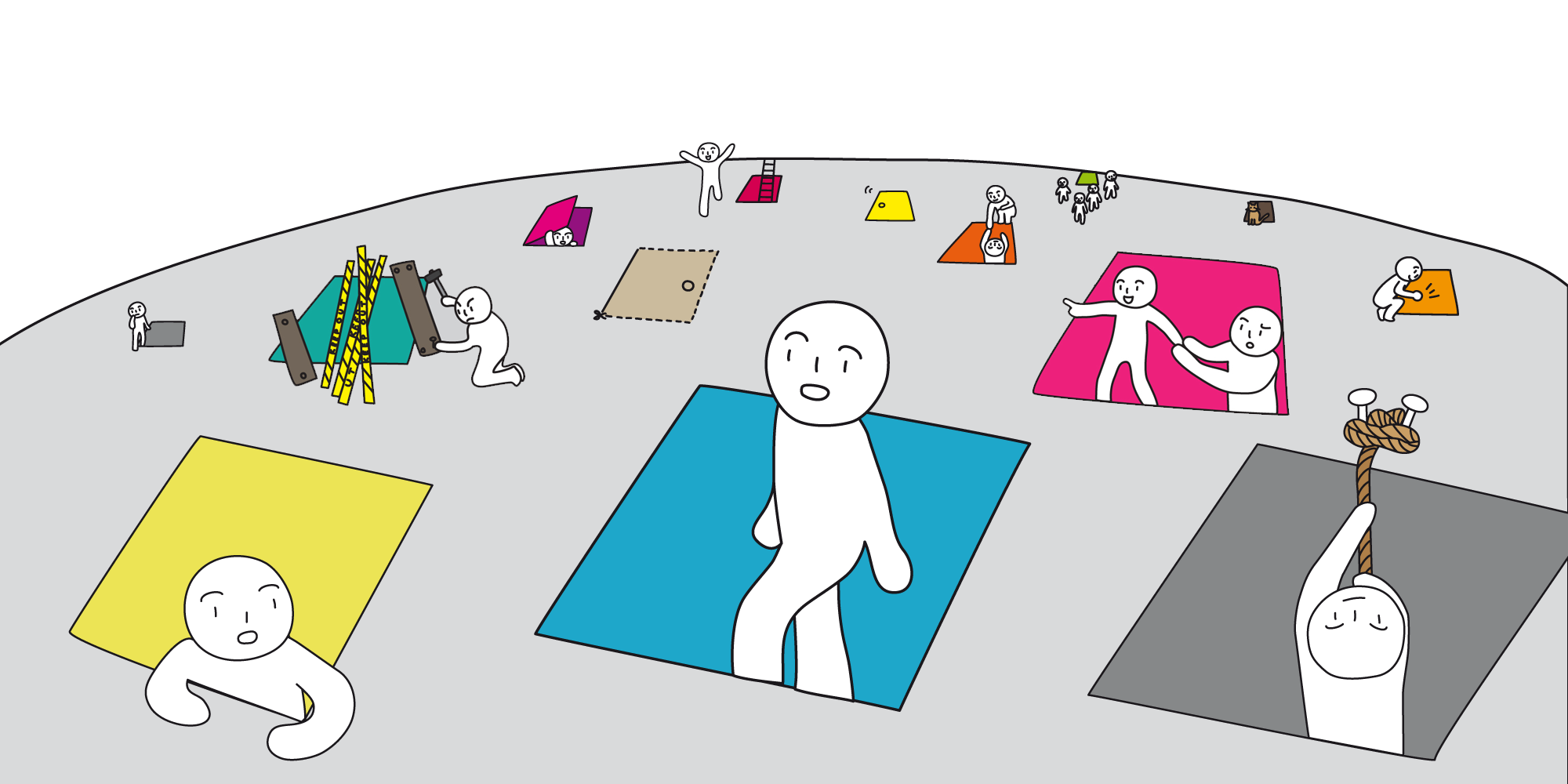Programm
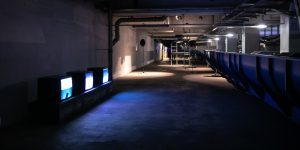
EXILE, Vienna
EXILE is a platform for contemporary art founded in 2008 by Christian Siekmeier. EXILE understands art as a collaborative, inter-generational and overarching discourse embedded in a complex web of socio-political, gender and personal histories as much as in aesthetic theory and conceptual practice.
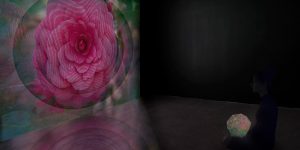
Sonicaedro
Poli Mujica (CL)
Sonicaedro is an installation of an Interactive Interface (HCI) within a dark and closed space. Through the tactile interaction with a dodecahedron of iridescent methacrylate, the user is able to generate a series of visual as well as sound responses in the environment. The videos projected in the room revolve around themes of sacred geometry in nature.
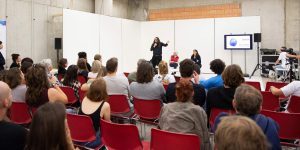
Gallery Spaces Panel VII: Digital art going mainstream?
With the history of digital art commencing in the 1960s to current immersive digital art installations, (meow wolf, artechouse Team Lab or GAN) generating an immense following quickly and quoted as commercially successfully - did digital art become mainstream? Marketplaces for native digital art mushroom in a battle for creators advertising a new way of experiencing, collecting and showing art. The conversation will try to unfold what artistic production of digital art means for the artists themselves, museums and collectors with regard to exhibition making, collecting and archiving.

H.C.S (Hybrid Cellular Scaffolding)
Carlos del Valle (ES)
This ongoing research is an interdisciplinary and speculative process that explores – through the lens of BioArt – the fusion between printed scaffolds and non-organic forms of artificial design and decellularized E.C.M (extracellular matrices). In this hybridization of materials, cells of different cell lines will be cultivated.
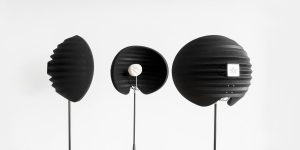
Spiritual reality
Lou Cantor (DE)
Wenn wir mit den Chatbots von Lou Cantor sprechen, sprechen wir in eine akustische Leere, die dazu dient, die gesprochenen Geräusche in einem Aufnahmemikrofon zu isolieren. Das Mikrofon selbst wird durch eine Skulptur in Form eines humanoiden Mundes ersetzt. Wir erwarten eine Antwort, während wir Fragen oder Bedenken äußern, aber es wird keine Kommunikation zwischen uns und dem Mikrofonersatz des Chatbots geben.
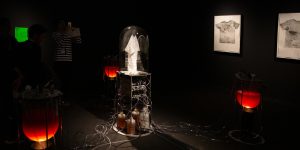
Labor
Paul Vanouse (US)
How does work smell? Labor is a dynamic, self-regulating art installation in which the smell of sweat is produced without any human effort. The body odor is artificially produced in glass bioreactors in which special human skin bacteria grow. While these bacteria metabolize simple sugars and fats, they produce smells reminiscent of human sweat. A white T-shirt in the center of the installation picks up the "scent" and stores it in its fibers. Paul Vanouse's "sweat stain prints” shown in the exhibition, are also based on the sweaty T-shirt – the icon of wage labor, stress and exploitation: Freshly sweaty shirts were dusted with charcoal and pressed between paper under high pressure.
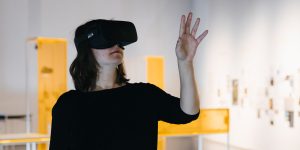
CyberRäuber Workshop
Björn Lengers (DE), Marcel Karnapke (DE)
Since 2016, Marcel Karnapke and Björn Lengers have worked together as CyberRäuber, bringing theatre into VR and VR into theatre. They do artistic research into new narratives, virtual stages, recorded and real-time acting on stage and VR. Their work is shown as repertoire pieces at several theatres and international festivals. In addition to showing their first interactive VR opera “Fragments | a digital Freischütz,” the CyberRäuber give a hands-on workshop with exclusive insights into VR theatre.
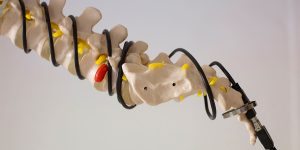
NFT (New Flesh Toys)
Guillem Sarriá Verdú (ES)
NFT consists in the design of prototypes for research into possible haptic interfaces that explore anthropomorphic questions and new forms of ergonomics. The use of these speculative artifacts as instruments generates atmospheres through specific references to sci-fi, cyberpunk mythology and sound experimentation.
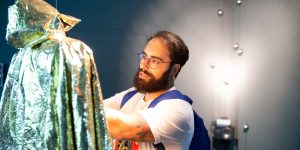
CONTRA
Miguel A. Sislian (ES)
CONTRA project presents itself as an interface with a critical character in relation to different systems. The main concepts which are analyzed are power and control of individuals in both physical and digital spaces.
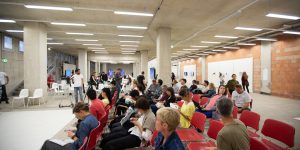
Gallery Spaces Panel VI: Paradoxes and obstacles in maintaining and staging alive biomedia art
This panel with prominent protagonists involved in the field of biomedia art discusses the unprecedented challenges to stage, transport, conserve and collect art that appropriates and subverts the most diverse technologies of the life sciences. The shift from organic representation or simulation to actual biological manipulation results in technical, institutional, regulatory, legal, ethical, bureaucratic, philosophical and aesthetical issues with regards to museum infrastructures, the status of living organisms, tissues and GMOs, and their fragility when maintaining, conserving, re-enacting or shipping them. Such works at the threshold of microperformativity and necropolitics face undesired bacterial deterioration and contamination, and cultural institutions and collectors are still ill-equipped to deal with the subsequent issues.
